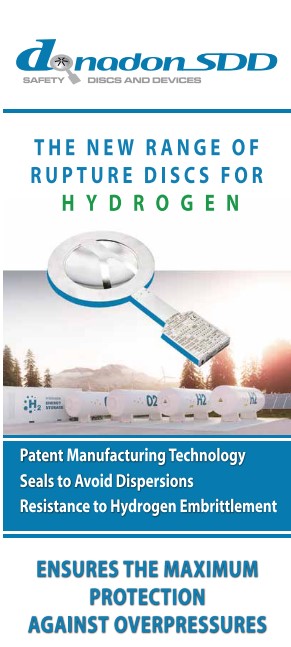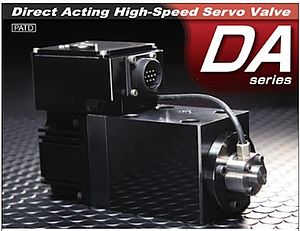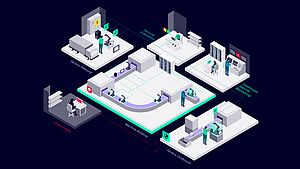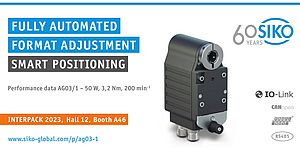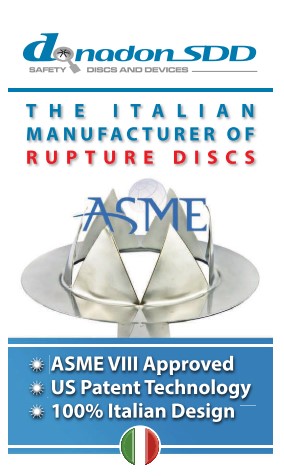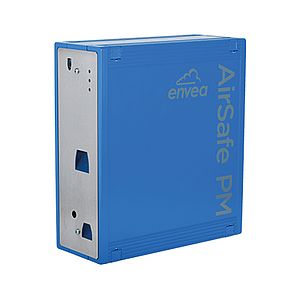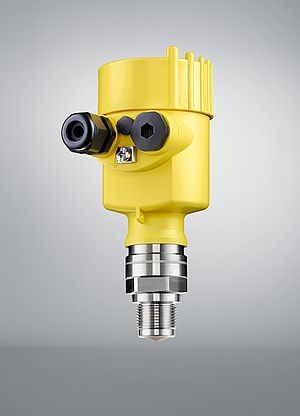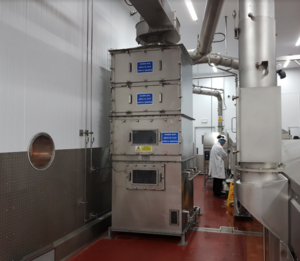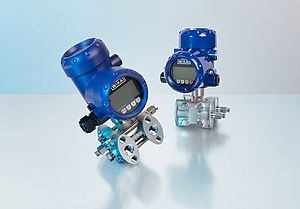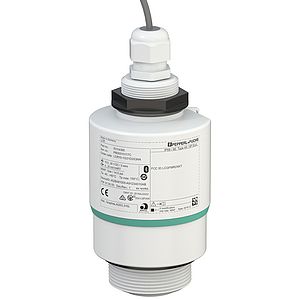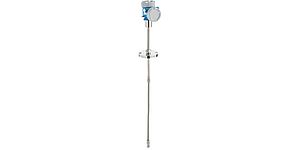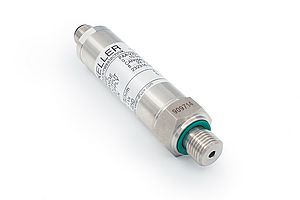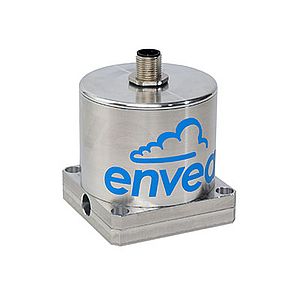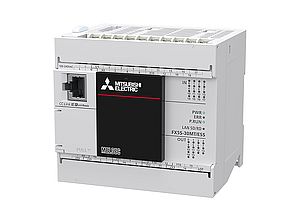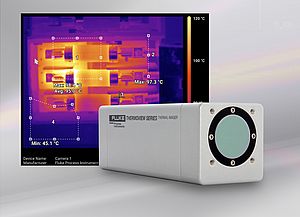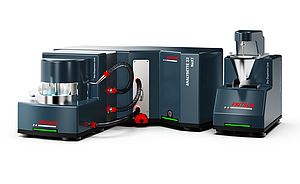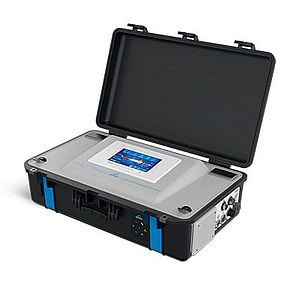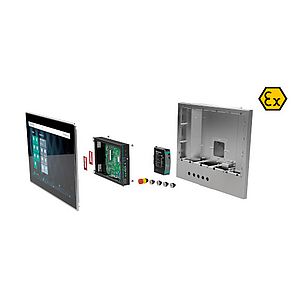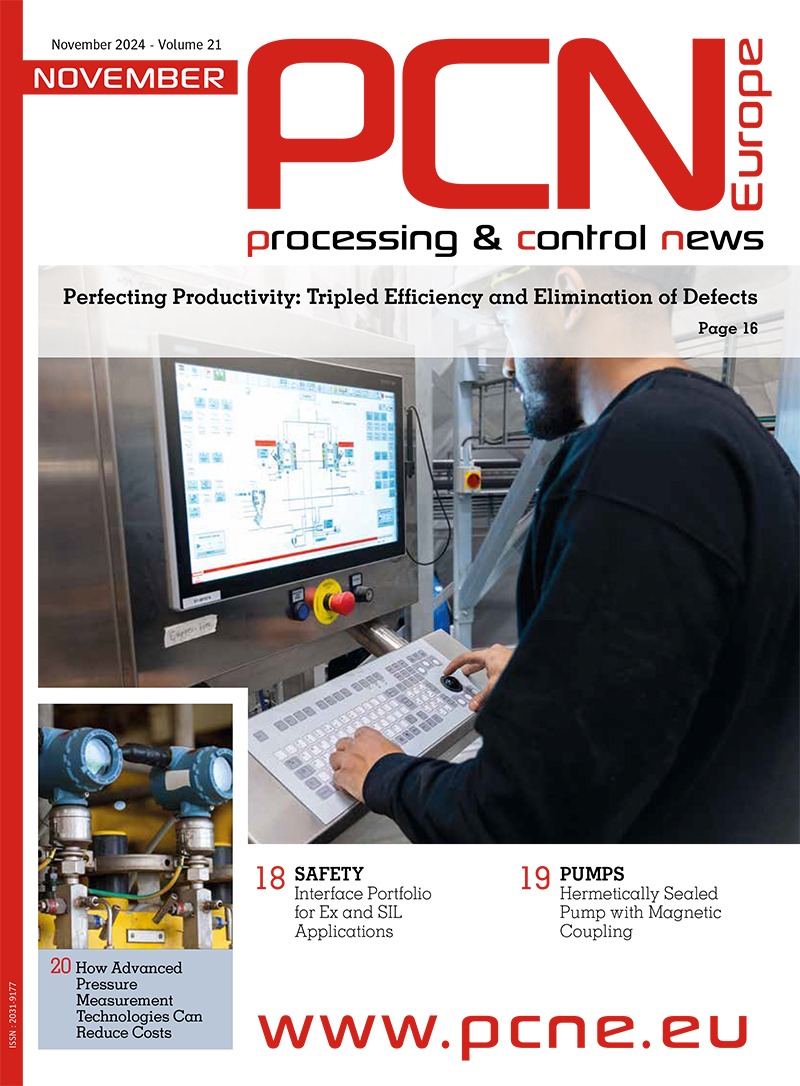At HANNOVER MESSE 2020, processes and technologies that up until quite recently were regarded as separate and distinct will be showcased together in an integrated overview of process flows and solutions. “In the current age of Industry 4.0, the focus is on flexible manufacturing, standalone yet integrated machines and systems, and autonomous exchanges of process information,” said Hubertus von Monschaw, Global Director Digital Ecosystems at Deutsche Messe. “And the key to it all is the software that maps and manages these processes. At HANNOVER MESSE, all theme areas relevant to this will be clustered in the Digital Ecosystems display, at the heart of the venue – in halls 14 through 17 – where it enjoys thematic synergies with various other themes in the neighboring halls."
Among the exhibitors in this part of the show will be big-name regulars like Autodesk, Atos, Amazon Web Services, Cisco, Dassault, EPLAN, HUAWEI, Kaspersky, MPDV, Microsoft, PSI, SAP, Siemens PLM, Software AG and Telekom. There will also be a number of prominent newcomers such as Google, proAlpha, McAfee and Knapp. Their displays will span a range of themes, including predictive maintenance, machine learning, MES (manufacturing execution systems), logistics (WMS and TMS), data analytics, CAD (computer-aided design), PLM (product lifecycle management), business platforms, ERP (enterprise resource planning) for real-time monitoring, virtual/augmented reality and industrial security.
Increasing interest of visitors
At HANNOVER MESSE 2019, these themes attracted over 100,000 visitors. One key aspect common to all of them is increasing convergence of applications and technologies. MES and data analytics are a case in point. Manufacturing execution systems (aka production control systems) are able to function reliably only if their future performance can be predictively modeled and analyzed using appropriate data analytics such that improvements and checks can be undertaken as appropriate. Monschaw explains: “Today’s MES systems are about more than just fault analyses of individual machines. They involve aggregating data in order to identify scope for optimization and even develop entirely new business models.”
Virtual and augmented reality are likewise being more commonly used in industrial applications. Take the design of powertrains, for example. It used to take engineers days to calculate all the parameters of a given design, but now, with the aid of algorithms, they can generate as many as 2,000 designs in the same timeframe. The designs can then be imported as 3D models into a VR lab, where everything, right down to the very last bolt and washer, can be disassembled, analyzed, adjusted and re-assembled.
Cybersecurity in modern industry
Industrial Security is an extremely important and relevant section of the Digital Ecosystems showcase, particularly in today’s interconnected industrial world, with Emotet and its ilk lurking in the digital undergrowth. Modern industry, where the digital integration of devices and production machinery has grown massively and will continue to do so, is exposed to a more or less constant risk of cyberattack. No one is immune to these risks, as today’s continual stream of reports of targeted attacks on businesses and government agencies shows. The upcoming HANNOVER MESSE will therefore present the best available solutions for organizations to safeguard themselves against cyberattacks.
If you need more information about the above mentioned and want to learn more from first-hand, you can register at the HANNOVER MESSE website for a free ticket.














